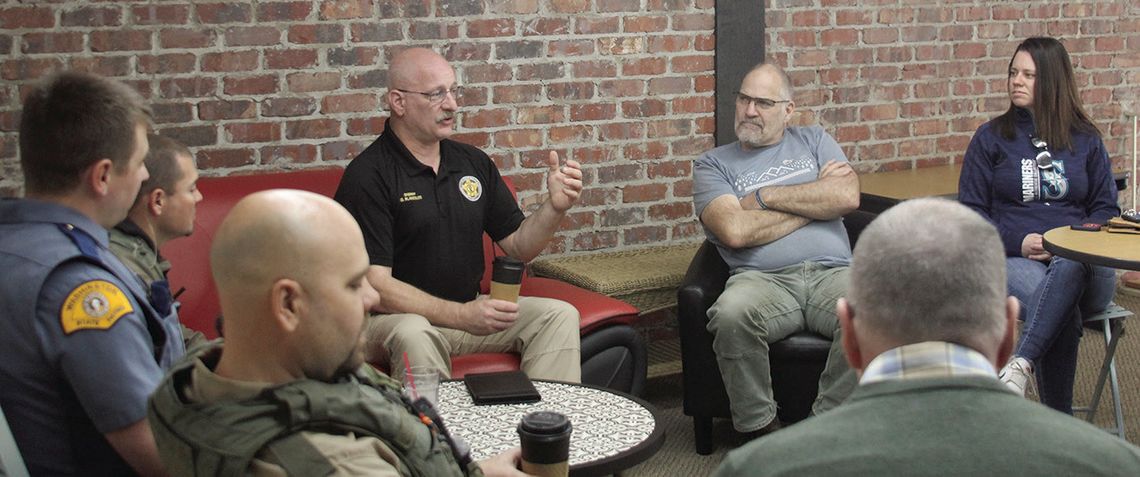Continuity, department retirements a concern
NEWPORT — Two-term Pend Oreille County Sheriff Glenn Blakeslee says he will run for another term in 2026. He had previously said he would only serve two terms.
PLEASE LOG IN FOR PREMIUM CONTENT. Our website requires visitors to log in to view the best local news.
Not yet a subscriber? Subscribe today!
.png)














